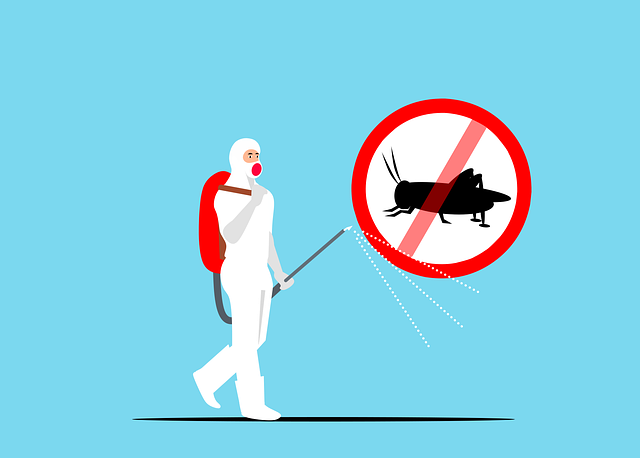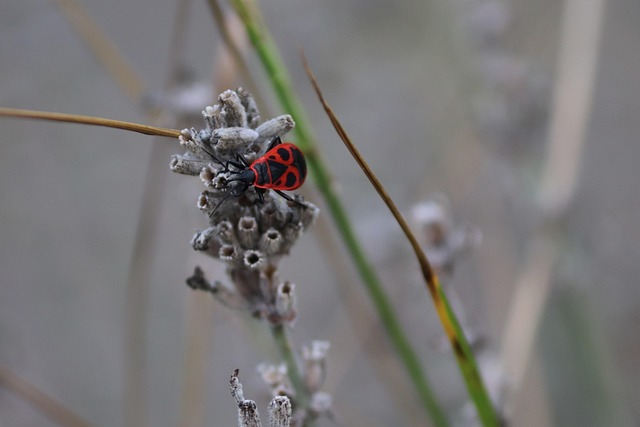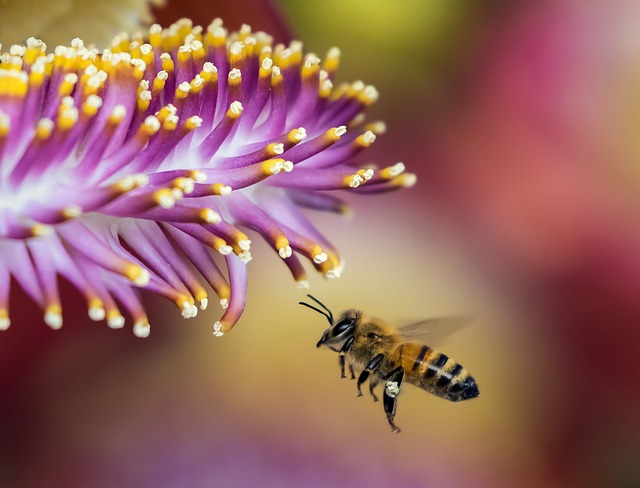Understanding local insect populations is key for insect control services as each region has unique species like ants, termites, and mosquitos. These pests can cause property damage and health risks but professional services deploy tailored solutions using advanced tools and eco-friendly methods to minimize environmental impact. Regular treatments maintain hygiene, protect assets, and promote ecological balance. Regional variations in climate and ecosystems require customized strategies. Modern insect control services adopt Integrated Pest Management (IPM) with smart sensors, drone surveillance, natural repellents, and digital monitoring for targeted, sustainable pest management. When choosing a company, identify unique pest challenges, prioritize eco-friendly methods, and check customer reviews.
In the pursuit of a pest-free environment, understanding local insect populations and their impact is paramount. This article explores the multifaceted world of insect control services, delving into the benefits of professional expertise in managing common regional pests. We dissect safe, eco-friendly methods and highlight the role of technology in modern pest management. Additionally, we guide readers on selecting the right insect control services tailored to their unique needs, ensuring a comprehensive approach to insect control.
Understanding Local Insect Populations and Their Impact

Understanding local insect populations is key when it comes to effective insect control services. Each region boasts its own unique variety of insects, from common house pests like ants and spiders to more specialized species that thrive in specific environments. These local bugs play a critical role in the ecosystem, serving as food sources for other animals and contributing to plant pollination. However, when their numbers grow uncontrollably, they can become a nuisance, causing damage to property and posing potential health risks.
For instance, an abundance of termites can weaken structural beams, while mosquitos can transmit diseases like Zika or West Nile virus. Professional insect control services must consider these local factors to deploy tailored solutions. By understanding the behaviors, habitats, and life cycles of prevalent insects in a given area, experts can employ targeted methods that minimize environmental impact while effectively managing pest populations.
Benefits of Professional Insect Control Services

Professional insect control services offer numerous benefits for both residential and commercial properties. One of the primary advantages is their expertise in identifying and targeting specific insect species, ensuring effective and tailored solutions. These professionals are equipped with advanced tools and knowledge about pest behavior, enabling them to detect even subtle signs of an infestation early on. This proactive approach prevents minor issues from escalating into major problems.
Moreover, professional services provide safe and eco-friendly methods of insect control. They adhere to strict regulations and use less toxic chemicals or organic alternatives, minimizing risks to human health and the environment. Regular treatments by these experts can also help maintain a clean and hygienic living space, protect valuable assets from damage, and contribute to a healthier overall ecosystem by promoting a balanced ecosystem.
Common Pests in Different Regions and How to Address Them

Insects can vary greatly from region to region, with some areas facing unique challenges due to specific climates and ecosystems. For instance, regions with warm, humid weather often see an abundance of ants, termites, and mosquitos. In contrast, drier climates may struggle with scorpions, cockroaches, and various types of spiders. Identifying these common pests is the first step in effective local insect control.
Addressing pest issues requires tailored strategies. Professional insect control services offer solutions like targeted treatments, preventive measures, and eco-friendly options. For ant infestations, a combination of bait stations and residual treatments can be effective. Mosquito control might involve eliminating standing water sources and using repellents or traps. Termite damage is best mitigated through regular inspections and barrier treatments. Each region’s specific challenges demand customized approaches to ensure successful insect control.
Safe and Environmentally Friendly Pest Control Methods

Many modern insect control services now prioritize safe and environmentally friendly methods. These techniques focus on minimizing the impact on non-target species, pets, and local ecosystems while effectively managing pest populations. One popular approach is integrated pest management (IPM), which combines various strategies such as biological control, habitat manipulation, and targeted applications of pesticides only when necessary.
Biological control involves introducing natural predators or parasites that target specific insect pests. This method not only reduces the need for chemical interventions but also fosters a balanced ecosystem. Additionally, using plant-based repellents, essential oils, and organic barriers can help deter insects naturally, providing a safer alternative to synthetic chemicals. These practices demonstrate a commitment to sustainable and harmonious co-existence with local wildlife.
The Role of Technology in Modern Insect Management

In the modern era, technology plays a pivotal role in transforming traditional insect control services into more efficient and precise methods. Integrated Pest Management (IPM) systems leverage advanced tools to monitor and manage insect populations effectively. From smart sensors that detect even minimal pest activity to drone surveillance for detailed aerial inspections, these technologies offer real-time data, enhancing the speed and accuracy of response.
Additionally, digital monitoring platforms allow professionals to track treatments, identify hotspots, and predict pest movements, ensuring targeted and eco-friendly applications of insect control services. This tech-driven approach not only minimizes environmental impact but also contributes to a more sustainable and cost-effective pest management strategy.
Choosing the Right Insect Control Company for Your Needs

When selecting an insect control company, understanding your specific needs is key. Different insects require specialized treatments, and reputable companies should offer tailored solutions. Look for professionals who provide a range of services, from residential pest control to commercial insect management, ensuring they can handle any insect infestation you might face.
Researching their methods and products is vital. Opt for companies that prioritize eco-friendly, safe, and effective insect control services. Reading customer reviews will also give you insights into their performance, reliability, and the level of satisfaction their clients have achieved in eliminating insect problems.
